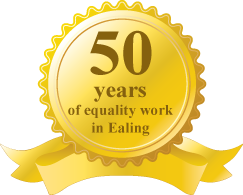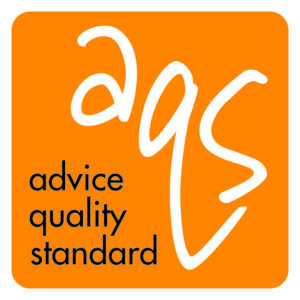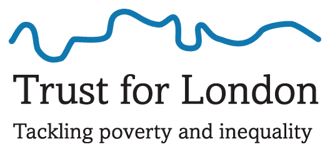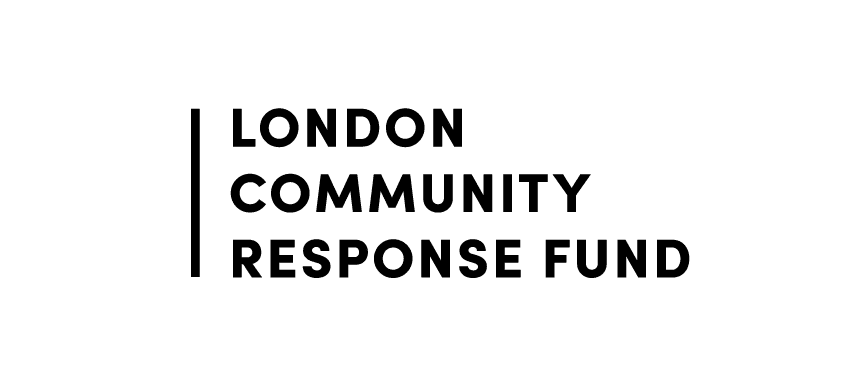Introduction
According to Tackling Hate, a UK based initiative established to tackle hate and extremism in the United Kingdom, less hate crimes are reported to the police than non-hate crimes. The Home Office has found that only one in four victims of a hate crime report it to the police. The underreporting of hate crimes by victims can negatively impact a state’s ability to respond to and investigate them.
Factors which can cause the underreporting of hate crimes:
There are a variety of different reasons why victims and witnesses of hate crimes are unwilling to report the attacks that they have experienced or witnessed. Reporting barriers can be categorised as internal or external and there are more specific elements within these two categories.
Internal Reporting Barriers
Internal barriers which lead to the underreporting of hate crimes relate to beliefs or knowledge about the reporting process and about hate victimisation.
Internalisation
Many victims of hate crimes internalise the ideas that they are required to adapt and cope with the discrimination, harassment and abuse that they face within society. The internalisation of these ideas can lead to victims and witnesses of hate-related attacks being unwilling to report them to the police or support organisations.
A survey conducted by the Centre on the Dynamics of Ethnicity in April 2023 found that a third of individuals from ethnic and religious minority groups in Britain have experienced some form of racist assault such as physical abuse, verbal abuse or damage to property. This makes light of the reason why some individuals accept that the harassment and hostility they face is an unavoidable consequence of being different. Many communities also suffer from structural oppression which impacts their everyday experiences and cause them to feel unwilling or even embarrassed to discuss the hate-related attacks they have experienced. Cultural differences in terms of values and beliefs between minority groups and mainstream society can also be a reporting barrier.
Lack of awareness
Some individuals may not be able to recognise that they have experienced or witnessed a hate-related attack, especially if there was no physical violence involved.
Lack of awareness about hate crime, discrimination laws and the right to report incidents of hate also leads to underreporting. Furthermore, some individuals may not know where or how to file a report and lack information about the reporting process.
External Reporting Barriers
External barriers such as concerns about repercussions, distrust of statutory agencies, or certain limitations many also discourage victims and witnesses of hate-related attacks from filing a report.
Fear of Consequences
Victims of hate crimes or incidents may be reluctant to file a report due to fear of the consequences. For example, a victim targeted due to their sexual orientation may fear ‘being outed’ which impacts their privacy. Fear of retaliation may be another deterring factor, as a victim may worry that the perpetrator will try to get back at them if they find out a report was filed.
Fear of making matters worse such as an employee reporting an incident which took place at work being concerned for their job security or an immigrant being concerned about their immigration status, may also discourage reporting.
Some victims may even fear the impact that filing a report could have on a relationship, especially if the victim is dependent on the perpetrator or the perpetrator is someone closely involved with them such as a partner, carer or family member.
Distrust of Statutory Agencies
Hate crime victims or witnesses may fail to file reports with statutory agencies due to low expectations of a response from justice agencies or a distrust of the police.
A report by Victim Support entitled ‘Left in the dark: Why victims of crime need to be kept informed,’ states that victims of crimes often do not receive any further communication from the police or other justice agencies after filing a report. This lack of information can make victims feel as though their case is being neglected, leaving them feeling frustrated, stressed and isolated.
Furthermore, according to a survey conducted by YouGov in April 2023, 56% of ethnic minority Britons stated that they do not trust the Metropolitan Police Service. A survey conducted by Crest Advisory in November 2022 sheds light on the reason for this distrust as 72% of Black adults surveyed stated that the police do not treat individuals from ethnic minority backgrounds the same way as White British individuals, and 36% of White British individuals surveyed agreed with this statement.
An article by The Guardian entitled, ‘Ethnic minorities get tougher sentences due to distrust in courts,’ highlights that in the United Kingdom, ethnic minorities tend to have a general distrust of the courts and the criminal justice system. This distrust causes individuals of ethnic minority groups to fear being treated with prejudice when reporting crimes.
Accessibility
Lack of accessibility of reporting mechanisms may be another barrier to reporting hate crimes. For instance, reporting centres may be difficult to locate and lack of wheelchair access for disabled individuals is another limiting factor.
Using online reporting services may also deter some individuals from filing reports as this could be perceived as an impersonal or inappropriate way to report crimes for victims who require immediate assistance. Additionally, some individuals may have limited internet access or be unfamiliar with digital methods of reporting.
There may also be a lack of accessibility for victims and witnesses with impairments or language limitations, causing them difficulty with understanding information and making them feel misunderstood when providing information about a hate-related attack that they experienced or witnessed.
How can the reporting of hate crimes be increased?
At the West London Equality Centre, we believe that the reporting of hate-related attacks can be increased by raising awareness about hate crime and how to identity it. We also believe that making the reporting process easier for victims and witnesses and improving the accessibility of support services can increase the reporting of hate crimes. Our desire to change these issues is part of the inspiration for our 2021-2024 Hate Crime Project, which aims to increase the reporting of hate crimes and provide support for victims and witnesses of hate-related attacks.
There has been discourse regarding improving the reporting of hate crimes on a national scale as made evident by the UK government’s 2016 report entitled, ‘Action Against Hate: The UK Government’s Plan for Tackling Hate Crime.’ The plan suggests in order to encourage victims and witnesses to report hate crimes, they need to feel assured that when they file a report, action will be taken, they will be kept updated about the progress of their case and if the matter goes to court, they will be informed of the outcome.
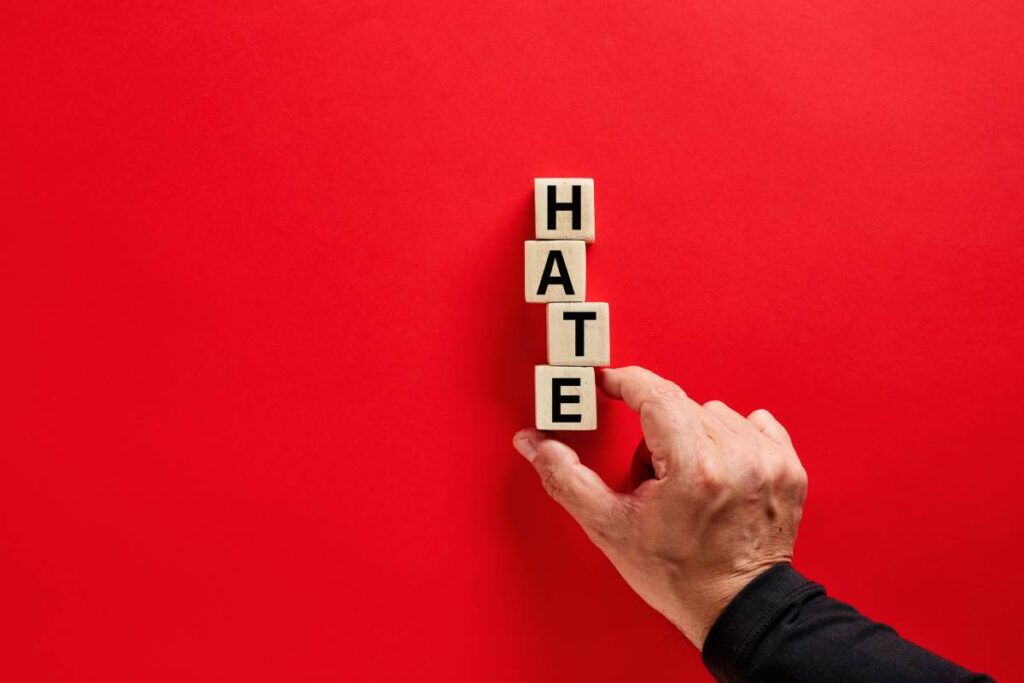
How can I report a hate crime or incident?
You can report a hate crime or incident to the police by visiting a police station or by calling 999 if the crime is in progress or if someone is in immediate danger. If the crime is not an emergency, you can report it to the police by calling 101.
Hate crimes or incidents can also be reported using True Vision, a police-funded website developed to allow individuals to report hate crimes online. Please note that although not all hate incidents will amount to criminal offences, they should still be reported to the police.
Additionally, hate crimes or incidents can be reported to victim support organisations such as the West London Equality Centre by calling our designated hate crime helpline at 0800 2943 479. We can offer free legal advice regarding the next steps to be taken and preserving evidence, contact the police on behalf of victims and or witnesses and provide practical solutions to help deal with incidents or the aftermath of incidents.
How we can help you
Our team comprises of qualified legal professionals, legal advisors, caseworkers and volunteers who can help to provide concise and accurate legal advice and carry out casework on hate crime matters.
Sources
https://www.crestadvisory.com/post/report-stop-and-search-the-evidence
https://www.manchester.ac.uk/discover/news/racist-assaults-survey-finds/


